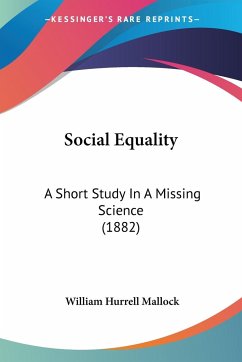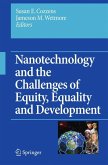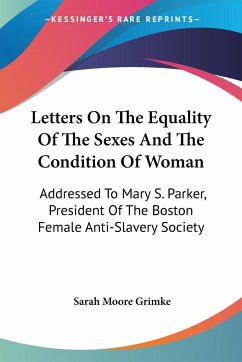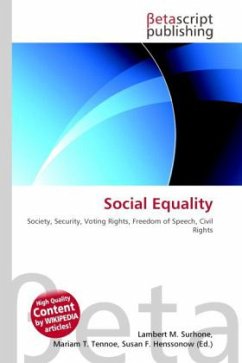Social Equality: A Short Study In A Missing Science is a book written by William Hurrell Mallock in 1882. The book is a critique of the concept of social equality, which was gaining popularity in the late 19th century. Mallock argues that social equality is a flawed idea because it ignores the natural differences between people and the fact that some are inherently better than others. He believes that society should be organized according to a hierarchical structure, with those who are most capable and talented at the top. The book is divided into three parts. In the first part, Mallock discusses the history of the idea of social equality and its roots in the French Revolution. He argues that the idea is based on a misunderstanding of human nature and that it is impossible to achieve in practice. In the second part, Mallock examines the arguments for social equality and critiques them one by one. He argues that social equality is not desirable because it would lead to a loss of individuality and creativity. He also argues that it is not achievable because it would require the suppression of natural differences between people. In the third part, Mallock proposes an alternative vision of society based on hierarchy and meritocracy. He argues that society should be organized according to a natural order, with those who are most capable and talented at the top. He believes that this would lead to a more efficient and productive society, as well as greater individual fulfillment. Overall, Social Equality: A Short Study In A Missing Science is a thought-provoking critique of a popular idea that still resonates today. Mallock's arguments are well-reasoned and persuasive, and the book remains relevant to debates about social equality and meritocracy in the 21st century.This scarce antiquarian book is a facsimile reprint of the old original and may contain some imperfections such as library marks and notations. Because we believe this work is culturally important, we have made it available as part of our commitment for protecting, preserving, and promoting the world's literature in affordable, high quality, modern editions, that are true to their original work.
Hinweis: Dieser Artikel kann nur an eine deutsche Lieferadresse ausgeliefert werden.
Hinweis: Dieser Artikel kann nur an eine deutsche Lieferadresse ausgeliefert werden.








